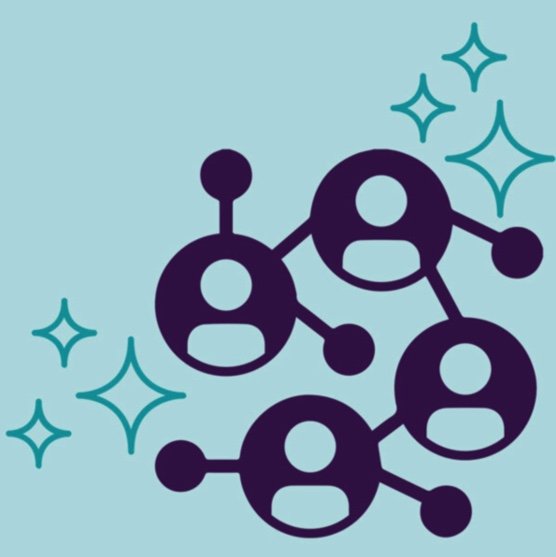This is part of a series of HDCLS area chair updates by Dr. Stephanie Cawthon, written for Human Development, Culture and Learning Sciences (HDCLS) students, faculty, and staff in the Department of Educational Psychology at the College of Education at The University of Texas at Austin.
Author’s Note: At the time of this writing, the Ukrainian people are fighting for their lives and their homeland. My heart and strength go out to them.
The month of March marks the usual transition out of winter and into spring — a progression that, in 2022, has special meaning in context of the pandemic. Both the weather and our public events agree: it’s time for moving from hibernation, physically and socially, and into a greater engagement with the people and places around us.
While I am still tentative about attending events with lots of people in the same space, I am hopeful that we can soon safely start connecting with each other again more regularly in both professional and personal gatherings — including conferences.
Teaching and Translating Research
To me, presenting at conferences and giving workshops are part of what brought me to education in the first place: teaching. Teaching is a natural extension and application of ideas that are the basis for inquiry and understanding evidence that are the foundation of research activities.
Research translation is what makes research worthwhile. It’s also incredibly difficult to do well, to do clearly, and to do in a way that is accessible to all. Without use that makes a difference in the world, research fails to achieve its mission of service.
Embracing Innovation at SXSW
First conference up: SXSW EDU (pronounced South by Southwest E-D-U), which is a component of the South by Southwest (SXSW) family of conferences and festivals.
Every year (when we’re not in a worldwide pandemic) tens of thousands of presenters, artists, musicians, and creative professionals converge in Austin from around the globe. I lived in the heart of downtown for nearly ten years and, traffic and logistics aside, I never ceased to be amazed at the eclectic, engaged, and energetic feel of that festival.
SXSW EDU convenes the week before SXSW and is an opportunity to share and explore innovations and current issues in education, specifically. In contrast with academic conferences, the structure of SXSW EDU is designed to encourage concise, high-energy presentations and opportunities for dialog — a perfect place to present on issues that bridge the gap between research and practice.
My First Solo SXSW EDU Session
During last year’s remote SXSW EDU, I had the honor of co-facilitating a conversation about students with disabilities and their experiences during the COVID-19 pandemic. Our session was “sold out!” I really appreciated how participants from across the education area — from teachers to non-profit leaders to parents to community advocates — all brought their lived experiences and questions to bear as we addressed critical issues related to access and equity in that online platform.
This year it’s back in person, and I’ll be on stage. My topic is on ableism in education, which the audience (and everyone) can follow along with the hashtag #AbleismInEducation.
Ableism is an academic and personal issue for all of us. Oppression against anyone means a system that is broken and our collective selves are harmed and incomplete.
If research — and research translation in education — can raise awareness of what this looks like, it’s worth the effort.
